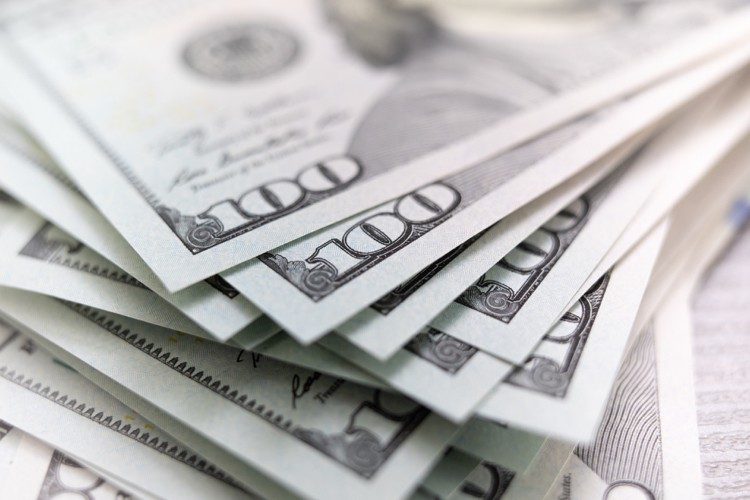
Podcast: Play in new window | Download ()
Subscribe: Android | RSS | More
When the Wuhan virus, aka the novel coronavirus or COVID-19, started to roll around the globe in January 2020 and countries worldwide began shuttering businesses and schools, terrified people did as they were told and masked up and hunkered down in their homes. The mainstream media happily perpetuated a fear of the “deadly virus” that would wipe out huge numbers of the populace. And pharmaceutical companies quickly saw a business opportunity that would turn out to be extremely profitable. Amid the global terror, caused by a “dangerous” invisible enemy, a miraculous cure was needed, and at warp speed.
According to the latest data from Investopedia, Pfizer, thanks to its COVID-19 vaccine, beat all forecasts and generated hundreds of millions in profits — $900 million, to be exact — in the first quarter of 2021. What’s interesting about the company’s success is that its vaccine is one of just two widely used and produced on a for-profit basis.
Unlike its Western competitors Johnson & Johnson and AstraZeneca, the American-owned Pfizer decided early to profit from its vaccine. That profit margin hasn’t been disclosed, but it was predicted to be in the high 20 percent range. The annual vaccine revenue is forecasted to beat $26 billion — a staggering sum that would make the shot the most lucrative medicine in pharmaceutical industry history measured by sales in a single year.
Pfizer CEO Albert Bourla said the company expects to see “durable demand” for its shot, similar to the market for influenza vaccines. Pfizer and BioNTech have significantly expanded their manufacturing capacity and claim they can produce at least three billion doses next year, while seeking to expand its market to reach adolescents and children as young as two. They also started testing the vaccine on six-month-old infants.
Pfizer sells its vaccine sales at different rates. The United States, for example, pays $19.50 for each dose, the European Union (EU) got a slightly better deal — € 15.5 ($18.0), while Israel has reportedly paid $47.
Pfizer has said repeatedly, that it was never part of the U.S. government’s Operation Warp Speed and therefore should be allowed to set its own prices.
However, this statement from Pfizer is deceptive. BioNTech, the company that actually developed the vaccine, of which Pfizer basically slapped on its label, received a $455 million grant from the German government and around $6 billion in purchase commitments from the United States and the EU. Not only that, but the Pfizer vaccine is based on mRNA technology patented by the National Institutes of Health, funded by U.S. tax dollars. On July 22, Pfizer agreed to a $1.95 billion deal with the Trump administration “for large-scale production and nationwide delivery of 100 million doses of a COVID-19 vaccine in the United States following the vaccine’s successful manufacture and approval.”
Technically, that agreement has nothing to do with the rapid development of the vaccine, though it appears to undermine the claim that Pfizer was operating entirely outside Operation Warp Speed.
In a nutshell, Pfizer capitalized on a partnership with a then-obscure German biotech company that received German government grants to develop its vaccine based on U.S. taxpayer-funded technology, and then received purchasing guarantees from wealthy governments that guaranteed billions in revenue. It managed to privatize all the profits while socializing all the risk.
Shares in Pfizer, BioNTech, and Moderna were down on Thursday morning in premarket trading, after U.S. Trade Representative Katherine Tai said the U.S. supports the waiver of intellectual-property protections on COVID-19 vaccines in order to quicken the pace of distribution and manufacturing of vaccines around the world. President Biden confirmed shortly before the release of Tai’s statement that he was planning on backing the proposal.
The news comes amid substantial concerns over the novel mRNA vaccines’ safety. Doctors and physicians argue that these so-called vaccines — or, more properly, unapproved experimental gene-therapy injections never before used in humans — may cause severe health implications that include death (The New American has covered it in detail here, here, and here), and unpredictable long-term gene damage and mutations that may potentially harm people’s immune and reproductive systems, leading to cancer and numerous other diseases.
In this light, a global race of nations to get adults and children injected with something possibly much more dangerous than COVID-19 itself, which is extremely treatable, while paying enormous sums of money, looks like pure insanity.



